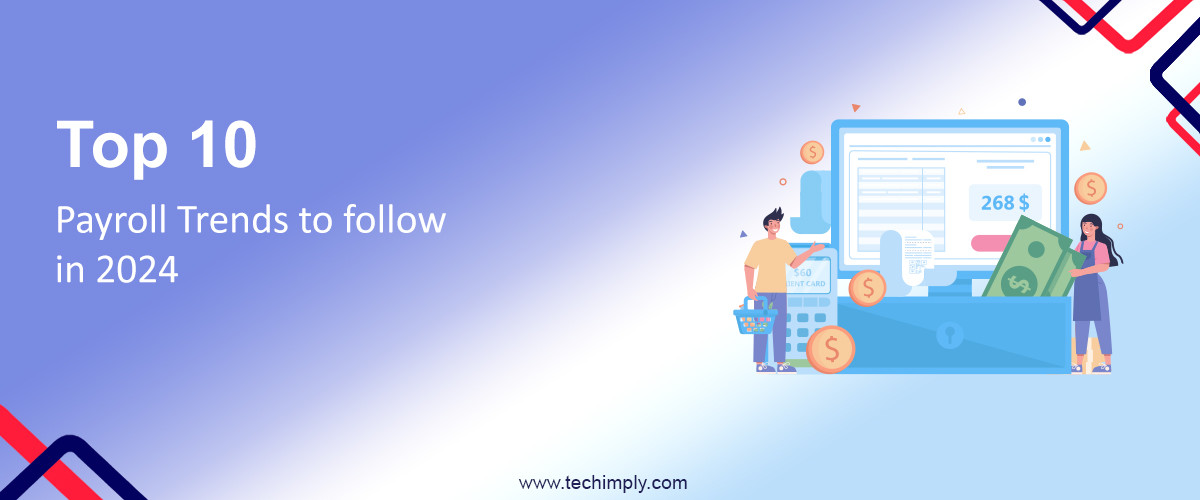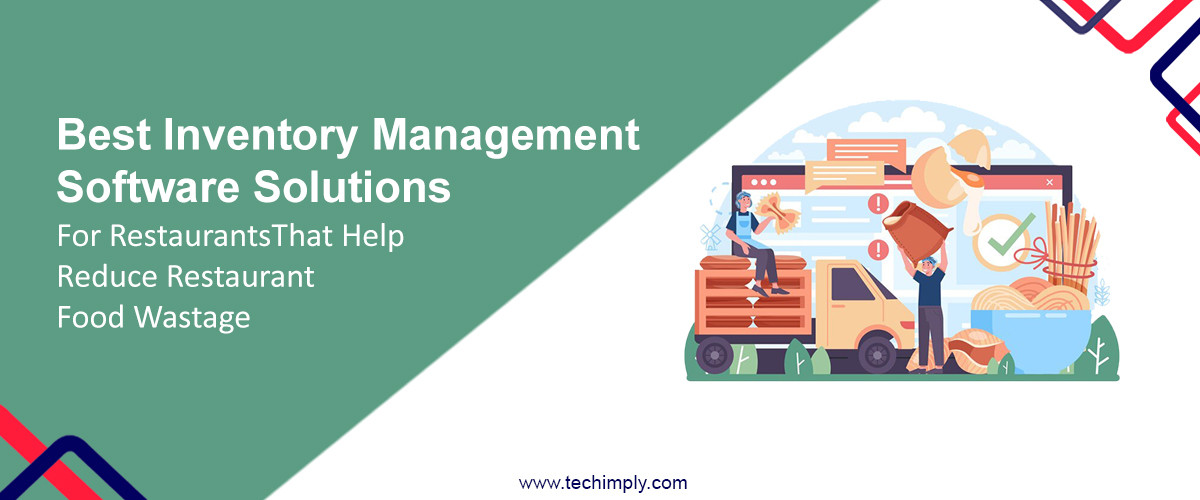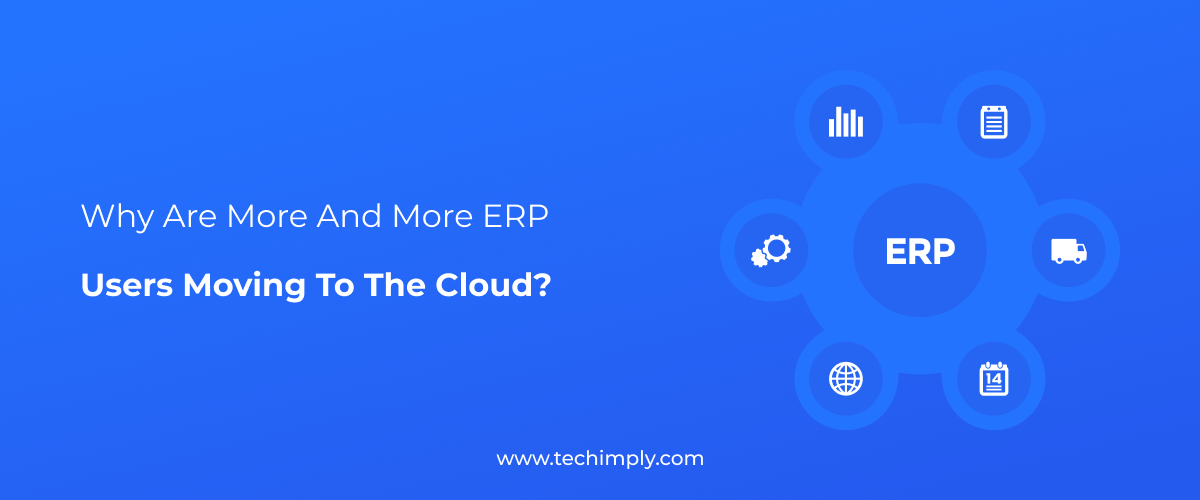In the dynamic landscape of payroll management, staying abreast of the latest trends is crucial for businesses to streamline operations, ensure compliance, and enhance employee satisfaction. As we delve into 2024, several significant shifts are reshaping the payroll landscape. From technological advancements to evolving workforce dynamics, businesses must adapt to these trends to remain competitive. This article explore the top 10 payroll trends to follow in 2024, offering insights and strategies for businesses to navigate this ever-changing terrain effectively.
The Top 10 Payroll Trends to Follow in 2024
1. AI and Automation Revolutionize Payroll Processes
AI and automation have become indispensable tools in revolutionizing payroll processes, significantly enhancing efficiency and accuracy. By automating repetitive tasks such as data entry and payroll calculations, AI-powered systems minimize the risk of errors and save valuable time for payroll professionals.
These systems can adapt to changes in tax laws and regulations, ensuring compliance and mitigating the risk of penalties. Moreover, AI algorithms analyze vast amounts of payroll data to provide valuable insights and predictions, enabling businesses to make informed decisions regarding staffing, budgeting, and compensation strategies. Through personalized employee experiences and continuous learning mechanisms, AI and automation not only streamline payroll processes but also improve employee satisfaction and engagement.
As businesses increasingly adopt these technologies, they can unlock new levels of productivity and competitiveness in payroll management, driving sustainable growth in the digital era.
2. Blockchain Technology Enhances Security and Transparency
Blockchain technology is revolutionizing various industries, including payroll management, by enhancing security and transparency. Unlike traditional databases, blockchain stores data in a decentralized and immutable ledger, making it highly resistant to tampering and fraud. Each transaction is cryptographically linked to previous transactions, creating a transparent and auditable record of all activities.
In the context of payroll management, blockchain technology ensures that sensitive employee data, such as salary information and personal details, remains secure and tamper-proof. Employers can securely store and manage payroll data on the blockchain, eliminating the risk of data breaches and unauthorized access.
Moreover, blockchain technology promotes transparency by providing employees with real-time visibility into their salary transactions and deductions. Through blockchain-powered payroll software, employees can track the entire payroll process, from salary calculations to payment disbursements, ensuring trust and accountability in the payroll process. Overall, blockchain technology offers a robust solution for enhancing security and transparency in payroll management, benefiting both employers and employees a like.
3. Remote Workforce Management Challenges
Remote workforce management presents unique challenges for businesses in 2024, requiring innovative solutions to ensure productivity and compliance. Tracking employee hours accurately, managing tax implications across different jurisdictions, and maintaining effective communication channels are significant challenges.
Businesses must implement robust remote workforce management systems to address these issues, including cloud-based time tracking software and geolocation tracking tools. Moreover, ensuring compliance with labor laws, data privacy regulations, and cybersecurity protocols is crucial for protecting both employees and the organization. Providing comprehensive training on remote work policies and cybersecurity best practices is essential to mitigate risks and foster a secure remote work environment.
By proactively addressing these challenges, businesses can effectively manage their remote workforce, promote employee engagement, and maintain operational continuity in the digital age.
4. Integration of Payroll and HR Systems
The integration of payroll and HR systems is essential for optimizing organizational efficiency and enhancing employee experience. By seamlessly linking these two critical functions, businesses can streamline data management, eliminate duplicate data entry, and improve overall accuracy. Integrated systems enable HR and payroll teams to access employee information from a centralized platform, facilitating better collaboration and communication between departments.
Furthermore, integration allows for smoother onboarding processes, as employee data can be seamlessly transferred from HR records to payroll systems, ensuring timely and accurate payroll processing. Overall, the integration of payroll and HR software enables businesses to make data-driven decisions, enhance compliance, and provide a more cohesive and personalized experience for employees throughout their employment lifecycle. This integration is crucial in modernizing HR and payroll operations, ultimately driving organizational success and employee satisfaction.
5. Focus on Employee Financial Wellness
In today's competitive job market, businesses are recognizing the pivotal role of employee financial wellness in fostering a motivated and engaged workforce. Financial stress can significantly impact productivity, morale, and overall well-being. Therefore, there's a growing emphasis on providing comprehensive financial wellness programs to employees.
These programs often include access to financial education resources, budgeting tools, retirement planning assistance, and affordable healthcare options. By offering support in areas such as debt management, savings strategies, and investment planning, businesses can empower employees to take control of their financial futures. Moreover, fostering a culture of financial wellness can enhance employee loyalty, reduce turnover rates, and improve overall job satisfaction.
As businesses prioritize the financial well-being of their employees, they not only create a more resilient workforce but also position themselves as employers of choice in today's competitive landscape.
6. Expansion of Gig Economy and Flexible Work Arrangements
The expansion of the gig economy and flexible work arrangements has fundamentally altered the traditional employment landscape. With the rise of technology platforms facilitating freelance work, more individuals are opting for non-traditional employment arrangements characterized by flexibility and autonomy.
This trend is reshaping how businesses structure their workforce, with a growing number of organizations leveraging gig workers to meet fluctuating demand, access specialized skills, and reduce overhead costs. Additionally, flexible work arrangements, such as remote work and flexible scheduling, have become increasingly popular among employees seeking a better work-life balance and greater control over their schedules. As the gig economy continues to expand and flexible work arrangements become the norm, businesses must adapt their recruitment, management, and payroll strategies to effectively harness the potential of this evolving workforce paradigm.
Embracing the gig economy and flexible work arrangements can enable businesses to tap into a diverse talent pool, improve employee satisfaction, and drive innovation in the digital age.
7. Compliance With Evolving Regulatory Landscape
Compliance with the evolving regulatory landscape is a cornerstone of effective payroll management. As laws and regulations surrounding employment taxes, wage and hour requirements, benefits administration, and data privacy continue to evolve, businesses must stay vigilant to ensure adherence. Failure to comply can result in costly penalties, legal liabilities, and reputational damage.
In response, businesses are investing in robust compliance management tools and processes to mitigate risks effectively. This includes staying abreast of legislative changes, conducting regular audits, implementing internal controls, and providing comprehensive training to payroll professionals. Additionally, leveraging technology such as AI-powered payroll systems can automate compliance tasks, flag potential issues, and ensure accuracy and timeliness in regulatory reporting.
By prioritizing compliance with the evolving regulatory landscape, businesses can protect themselves from legal and financial repercussions while fostering trust and confidence among employees and stakeholders.
8. Enhanced Data Analytics for Decision-Making
Enhanced data analytics is revolutionizing decision-making processes across industries, offering businesses valuable insights derived from vast amounts of data. By leveraging advanced analytics tools and techniques, businesses can uncover hidden patterns, trends, and correlations within their data, enabling more informed and strategic decision-making.
These insights can inform various aspects of business operations, including sales and marketing strategies, customer segmentation, product development, and resource allocation. Moreover, enhanced data analytics enables businesses to forecast future trends, anticipate market changes, and identify opportunities for growth and innovation.
By harnessing the power of data-driven decision-making, businesses can gain a competitive edge, optimize performance, and drive sustainable success in today's fast-paced and data-driven business landscape.
9. Personalized Payroll Experiences
Personalized payroll experiences are revolutionizing the way employees interact with their pay and benefits. With advancements in technology, employees now have access to self-service portals tailored to their individual needs and preferences.
These portals allow employees to view their pay stubs, update personal information, and manage benefits enrollment with ease. Additionally, AI algorithms analyze employee data to provide personalized recommendations for financial wellness programs, retirement planning, and other benefits options. By offering personalized payroll experiences, businesses can enhance employee satisfaction, engagement, and retention.
Employees feel empowered and valued when they have access to relevant information and services that cater to their unique circumstances. Ultimately, personalized payroll experiences contribute to a positive workplace culture and foster stronger relationships between employees and employers.
10. Embrace of Sustainable Payroll Practices
The embrace of sustainable payroll practices signifies a shift towards environmentally conscious and socially responsible business operations. By adopting sustainable payroll practices, businesses can minimize their environmental footprint, promote social equity, and align with their corporate values.
Sustainable payroll practices may include implementing paperless payroll processes, offering electronic pay stubs, supporting charitable giving initiatives through payroll deductions, and promoting fair labor practices. These initiatives not only reduce paper waste and carbon emissions but also contribute to employee satisfaction and engagement. Furthermore, sustainable payroll practices can enhance a company's reputation, attract socially-conscious customers and investors, and create a positive impact on the community.
As businesses recognize the importance of sustainability in today's world, the embrace of sustainable payroll practices will continue to grow, driving positive change and creating a more sustainable future for generations to come.
Conclusion
As we navigate the complexities of payroll management in 2024, businesses must embrace these trends to stay ahead of the curve and drive sustainable growth. By leveraging advancements in technology, prioritizing employee well-being, and ensuring compliance with regulatory requirements, businesses can optimize their payroll processes and create a positive impact on their bottom line. By staying informed and proactive, businesses can position themselves for success in the ever-evolving world of payroll management.





